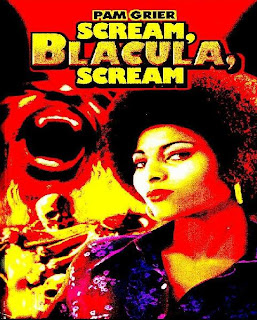
Hollywood and Independent Black Cinema
4. According to Ed Guerrero, what were the three phases of the black image in Hollywood?
The three phases were pre-blaxploitation (with a mainstream image of accomodationism and submissiveness on the part of blacks), then blaxploitation (characterized by resistance, co-option and reversal of mainstream portrayals in Hollywood) then new black cinema.
The filmmakers of the "LA Rebellion/Los Angeles School" rejected traditional Hollywood production values because they had studied the Third Cinema practices of groups in other countries struggling for recognition. Events such as the Civil Rights Movement and struggles for liberation in Africa, Asia and Latin America also helped shape the perspectives of the LA Rebellion filmmakers, who eventually allianced with the film styles of 'imperfect cinema'; producing politically challenging films that pushed themselves away from the self-conscious aesthetic codes of Hollywood.
The two distinct notions of guerrilla cinema exemplified by Spike Lee and Bill Gunn are
that Spike Lee sees the independent sphere as a stairway to a successfull career in the Hollywood industry, while Bill Gunn used Hollywood funding to make two socially and racially conscious films (Ganja and Hess, Stop!) that were never released.
that Spike Lee sees the independent sphere as a stairway to a successfull career in the Hollywood industry, while Bill Gunn used Hollywood funding to make two socially and racially conscious films (Ganja and Hess, Stop!) that were never released.
7. What are the two divergent readings of Spike Lee's films by Amiri Baraka and Houston Baker?
Amiri Baraka's opinion is that Lee's work should be classified with the trend toward younger directors who trivialize the black political struggles in favor of recognizing black cultural or economic struggles (for example, the death of Radio Rahim in Do the Right Thing is brought about due to an argument regarding black representation in an Italian restaurant). Houston sees Lee's obsession with economics as political ideology.

2 comments:
Good.
Be sure to distinguish the resistance and co-optation of the blaxpoitation hero.
Be sure to look over Murphy's introduction.
I did read Murphy's introduction....but the blaxploitation stuff was more interesting, imo.
Post a Comment